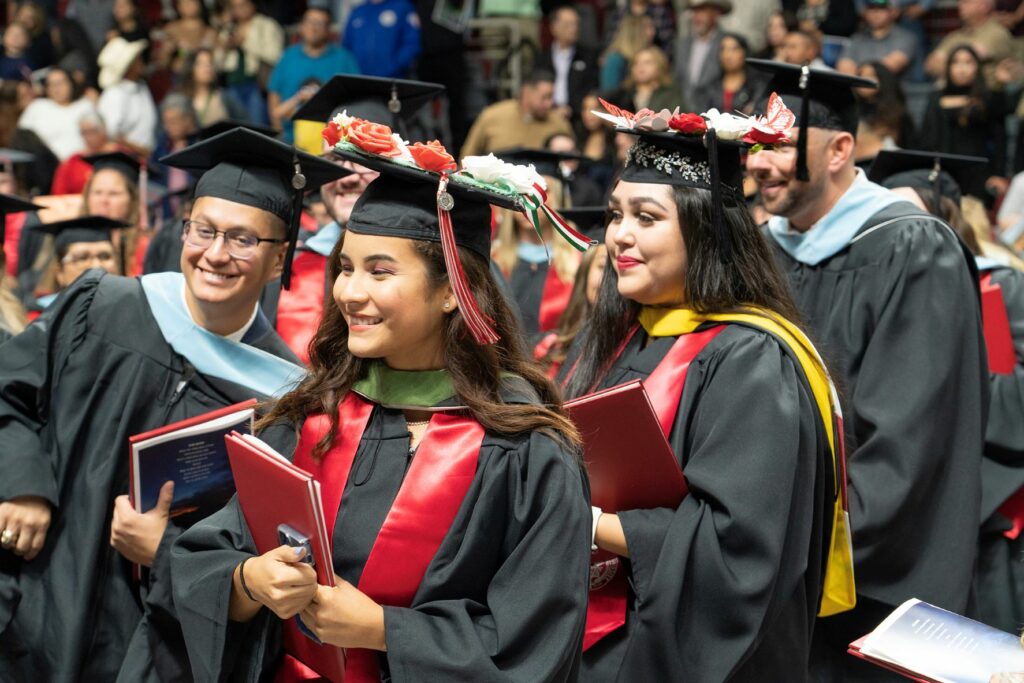Range & Wildlife Science
With a strong economy and a growing population, the finite natural resources of Texas are at risk. The conservation challenges of Texas have been exasperated by drought/climate change, population growth, disease and invasive species, requiring immediate action.
This challenge is especially evident in the Trans-Pecos region, which has been identified as one of the most biologically diverse regions of the world.
To address the conservation challenges of the region, SRSU created the Borderlands Research Institute in 2007 with a mission of “conserving the natural resources of the Chihuahuan Desert Borderlands through research, education, and outreach.” The Institute is based on a public-private partnership that is designed to assist landowners and managers of West Texas in managing the natural resources with which they have been entrusted. BRI does so by conducting research projects that have direct management implications, and sharing these results with those who will benefit—the private landowners, resource professionals and community leaders of the region.
To meet the needs of Texans and conservation initiatives of the Trans-Pecos, we propose creating a doctoral program in Range and Wildlife Science at Sul Ross State University.
Education Leadership
In this globalized world, international migration, immigration, and Borderlands Education is an increasingly important area of study.
According to the National Center for Education Statistics, in the 2021-22 school year, 5,427,370 students were enrolled in 8,161 Texas public schools. Many of these schools are located in border communities, which have unique cultural and linguistic characteristics that require specialized knowledge and skills. Additionally, the Texas Education Agency (TEA) reports that in the 2020-2021 school year, approximately 21 percent of Texans live in border communities.
According to the TEA, there is a significant need for qualified educators in border communities, particularly those who are bilingual and culturally competent. Many school districts in border communities prefer or require educators to have a graduate degree. The job market in Texas also indicates a demand for graduates with specialized knowledge and skills needed to work effectively in these communities.

With these needs in mind, we propose creating a doctoral program in K-12 Leadership and Borderlands Education. We are currently in the research and development stage for this Ed.D, with a proposed launch date in 2024-2025.
We will have two major pillars:
- K-12 Educational Leadership (for K-12 professionals)
- Organizational Leadership (for non-education professionals in community-based/service-sector organizations)
This doctoral program will support the Education, Business, Homeland Security and Criminal Justice departments.
SRSU has a Carnegie Classification of M1 (e.g., Master’s College and University: Larger program). We have identified a planning horizon to:
- Evaluate various needs of a doctoral program
- Provide younger faculty experience with co-chairing doctoral students
- Grow faculty resources
- Develop curriculum
- Build financial resources
“High tides rise all ships,” and we believe adding doctoral programs will benefit faculty recruitment, retention, research productivity and grantsmanship, as well as student recruitment and retention in both undergraduate and graduate programs.
Integrating doctoral students across campus will also reap financial benefits for SRSU, along with more recognition on a national/international level because of the scale and notoriety of the program and projects. Bachelor’s and master’s programs will also benefit from better labs, instrumentation and training and enhanced curriculum.
